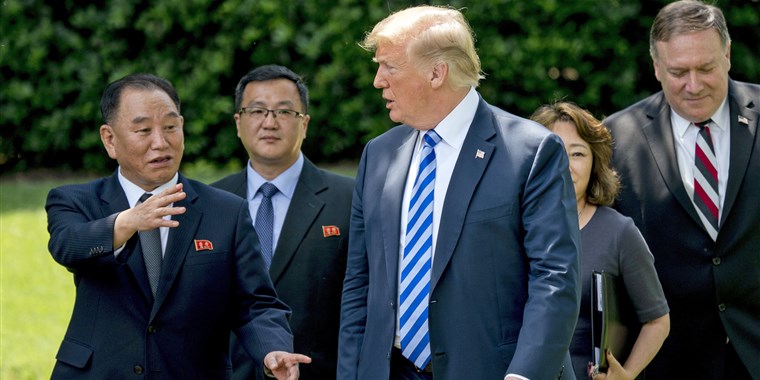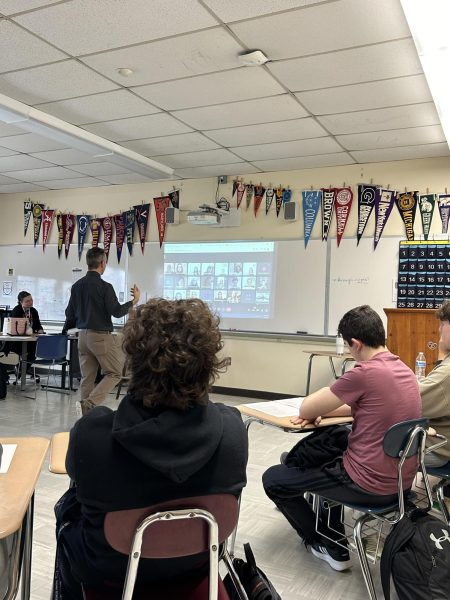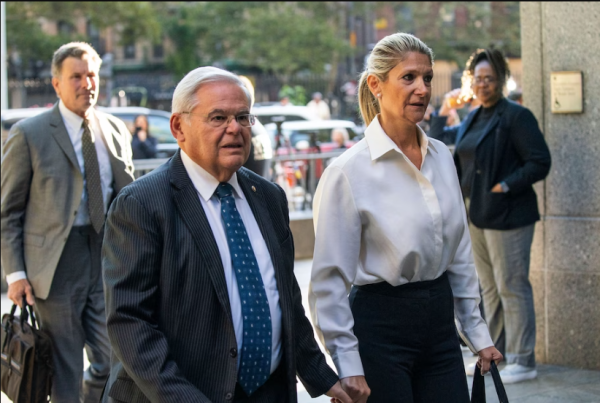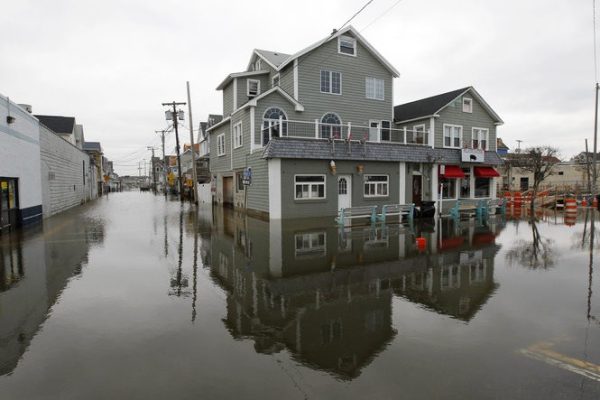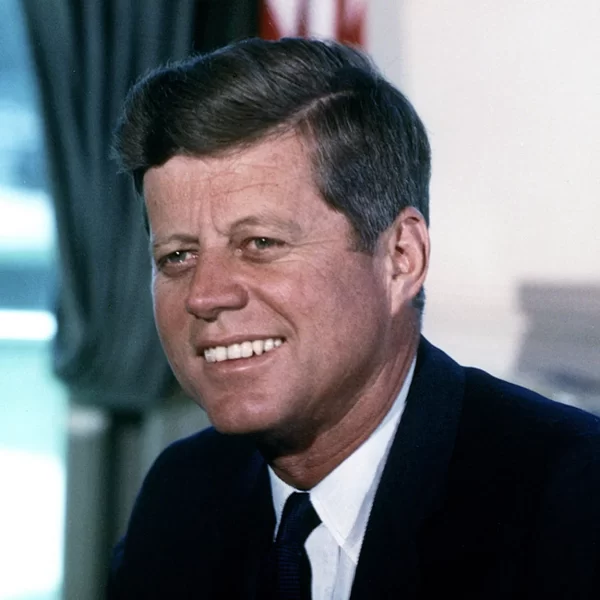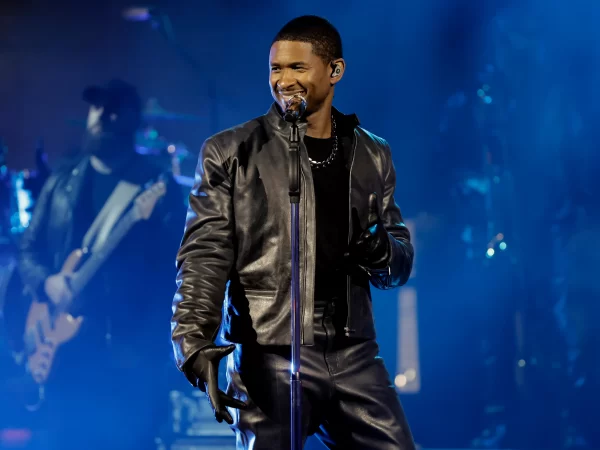Summit Meeting With N. Korea Back On, Says President Trump
On June 1, President Donald Trump announced that the long-anticipated summit meeting between himself and Kim Jong Un was back on. The move comes barely a week after the President said he was pulling out of the summit on May 24. The summit, if it does occur, will include discussions about denuclearizing the Korean peninsula and continue the process of formally ending the Korean War, a process which began on April 26, when Kim Jong Un crossed the inter-Korean border and discussed peace with Southern President Moon Jae-in.
Trump’s abrupt cancellation and subsequent reversal came shortly after the historic decision to hold a summit between North Korea, South Korea, and the United States was initially made. The summit was announced on March 8 by a South Korean diplomat and is scheduled for June 12 in Singapore. Moon Jae-in and Kim Jong-un remain committed to holding the summit this June, regardless of Trump’s attendance.
President Trump announced and attempted to justify his cancellation in a letter addressed to Kim Jong Un. In the letter, which was released by the White House on May 24, the President announced his decision to cancel to summit, writing, “Sadly, based on the tremendous anger and open hostility displayed in your most recent statement, I feel it is inappropriate, at this time, to have this long-planned meeting”.
The decision followed criticism of Vice President Mike Pence by North Korean Vice Minister of Foreign Affairs Choe Son Hui, who called Pence a “political dummy.” Her comment was itself in response to statements made by the Vice President, who likened North Korea to Libya, the government of which succumbed to revolution during the Arab Spring, shortly after the late dictator Muammar Gaddafi denuclearized.
Although the move came as a shock to many, both sides had expressed doubt regarding the summit in the weeks before Trump’s announcement. Most notably, a North Korean delegation failed to show up to a meeting with Americans in Singapore, raising concern that they are not willing to actually engage in peace talks with the US.
WHHS history teacher Christopher Van Ness shared his opinion on the cancelation with the Patriot Press, saying, “My own thoughts are that a lot of good could come from us coming together but I felt like we were sold a bill of truth. We were told by the South Korean leaders that Kim was ready to get rid of their nukes and anything to get the meeting in place. The decision to pull out was politically right but harmful to those involved. There is no good to talk under false pretenses.”
At the time of writing, it seems likely that a summit meeting will occur, as, as Trump’s recent announcement suggests: “We’re meeting with the chairman on June 12, and I think it’s probably going to be a very successful — ultimately, a successful process.” Aside from the cancellation of the meeting and a few other other incidents, North Korean-American relations appear to be improving, as in recent weeks North Korea released three American prisoners and destroyed tunnels at its only nuclear testing site. Additionally, the North has, for the most part, traded in its trademark fiery rhetoric for a surprisingly conciliatory tone, even expressing hope that Trump would reconsider after he pulled out of the summit.
Moreover, despite the president’s apparent indecisiveness, U.S. government preparation for the meeting has continued unabated. On May 30, Kim Yong-chol, a top aide to Kim Jong Un, arrived in New York for two-day talks with Secretary of State Mike Pompeo. On May 31, Pompeo stated confidently that he and Kim have “made real progress in the last 72 hours toward setting the conditions” of the meeting between Trump and Kim Jong Un.
Kim Yong-chol then traveled to the White House for a meeting with President Trump, the first time a president has met with a North Korean in the Oval Office since 2000. The meeting appears to have contributed to Trump’s choice to attend the summit in June.
Although recent weeks have seen all diplomatic advancements between the United States and North Korea grow ever-more confusing, the new willingness exhibited by Kim and Trump to negotiate with one another is a far cry from their relationship merely a year ago, when the two world leaders hurled insults and threats at one another on an almost daily basis. While the situation is highly unpredictable and the results of the summit remain to be seen, the days of “fire and fury” have, hopefully, come to end.



